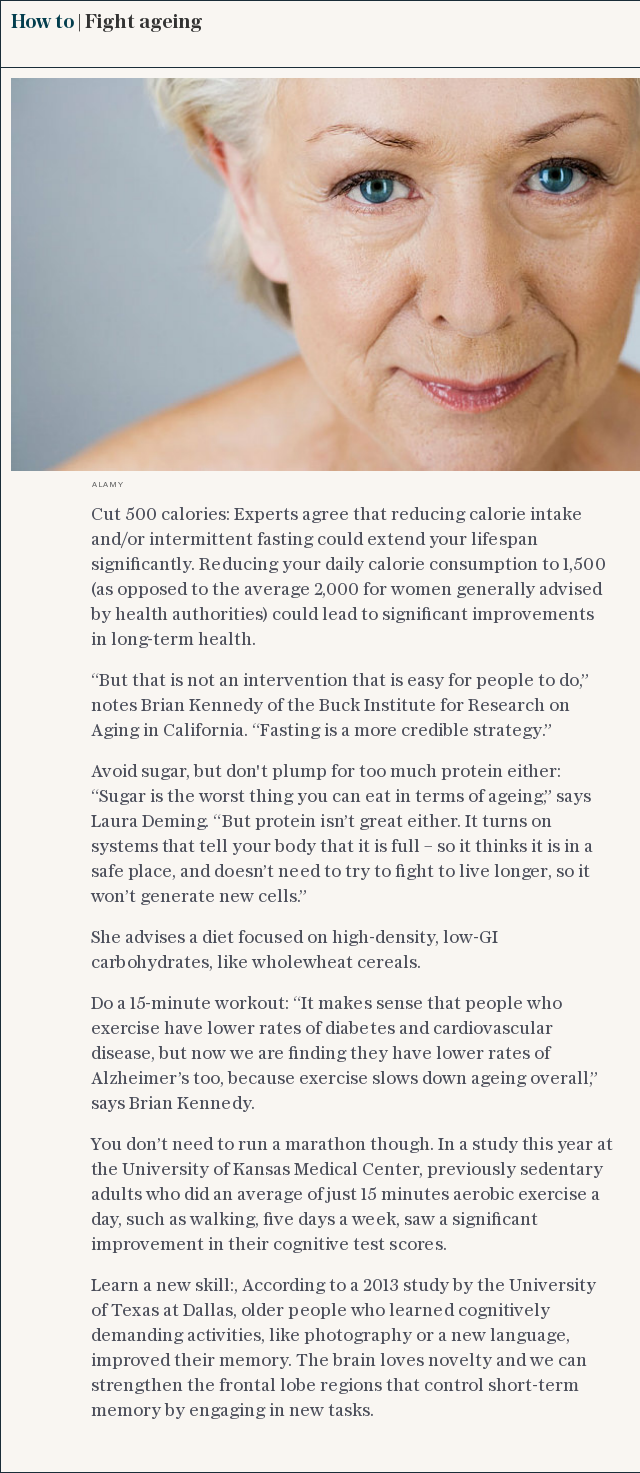Losing life savings in middle age increases risk of early death by 50 per cent

Money may not be able to buy happiness, but a new study suggests it does buy health.
Researchers in the US discovered that people who lost at least 75 per cent of their nest eggs in middle or older age, were 50 per cent more likely to die in the next 20 years.
The researchers say the financial loss takes a heavy toll on physical and mental health.
“We found losing your life-savings has a profound effect on person’s long-term health,” said lead author Dr Lindsay Pool, a research assistant professor of preventive medicine at Northwestern University Feinberg School of Medicine.
“It’s a very pervasive issue. It wasn’t just a few individuals but more than 25 percent of Americans had a wealth shock over the 20 years of the study.”
The study, which is published in the journal Jama, is the first to look at the long-term effects of a large financial loss.
"Our findings offer new evidence for a potentially important social determinant of health that so far has not been recognized: sudden loss of wealth in late middle or older age,” said senior author Carlos Mendes de Leon, professor of epidemiology and global public health at University of Michigan’s School of Public Health.

The study also examined a group of low-income people who did not have any accumulated wealth and were considered socially vulnerable in terms of their health. Their increased risk of mortality over 20 years was 67 percent.
“The most surprising finding was that having wealth and losing it is almost as bad for your life expectancy as never having wealth,” said Dr Pool.
The study looked at longitudinal data from the Health and Retirement Study which was started by the National Institute on Aging in 1992, and has been following 8,000 participants ever since, monitoring health and wellbeing.
The team had already shown that financial stress, such as the global recession, causes short term depression high blood pressure and other markers of ill health.

But the new findings show that financial loss also has devastating long term implications.
“This shows clinicians need to have an awareness of their patients’ financial circumstances,” added Dr Pool.
“It’s something they need to ask about to understand if their patients may be at an increased health risk.”
The team is now planning to investigate the mechanisms that lead to higher mortality after a big financial loss.
“Why are people dying, and can we intervene at some point in a way that might reverse the course of that increased risk?” she said.

 Yahoo News
Yahoo News 
